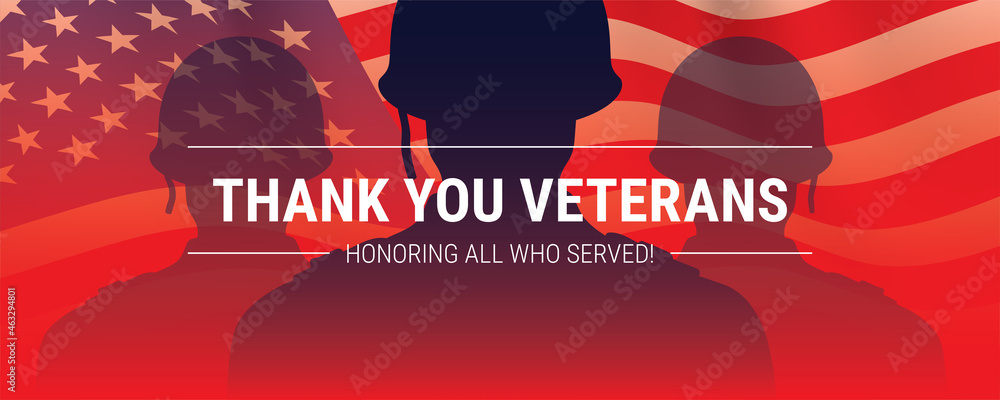
Questions That Prevent Veterans from Accessing Their Earned Benefits
Are You Too Old to Claim These Benefits?
Our contributor (a former VA Claims Rater) addresses a common question among veterans: “Am I too old to file for VA disability compensation?” The answer is a definitive no. Age is not a limiting factor when it comes to accessing the benefits earned through military service.
Veterans often self-segregate from opportunities due to misconceptions or misinformation. However, it is entirely possible to have separated from the military 20, 30, even 50 years ago, and still file a successful claim for VA disability compensation today.
VA disability compensation is widely regarded by experts—like our contributor—as one of the most effective doorways into a wide array of additional VA benefits. But taking that first step is key.
Age is not a disqualifier. For example, a Vietnam veteran who has recently developed hypertension might now qualify for compensation. Hypertension is currently considered a presumptive condition for veterans who served in Vietnam. The two elements required are proof of service in Vietnam and a medical diagnosis of hypertension. If approved, this condition becomes service-connected.
Moreover, the implications of being rated for hypertension extend beyond monthly compensation. If hypertension contributes to a veteran’s passing—say, via a heart attack—the surviving spouse may qualify for Dependency and Indemnity Compensation (DIC), provided hypertension is listed as a contributing factor on the death certificate. DIC can pay between $1,600 and over $3,000 monthly, depending on various circumstances and add-ons.
Another major benefit unaffected by age is Total Disability based on Individual Unemployability (TDIU). Veterans with a combined disability rating of 60-70% might qualify for TDIU, which compensates at the 100% rate. Financially, this could mean a monthly tax-free payment of over $4,400, compared to approximately $1,900 at the 70% rating level. This dramatic increase can significantly impact quality of life.
According to data, only about 33% of veterans are currently receiving disability compensation. That leaves a large portion potentially eligible, but not utilizing this earned benefit. Age does not affect TDIU eligibility. Even an 80-year-old veteran with service-connected disabilities that impair employment capacity could be approved for TDIU.
There are real-life cases where veterans filed their first claims in their 70s and successfully received both a disability rating and TDIU approval. The key is not to opt out of opportunities before applying.
In addition to compensation, age is not a barrier to educational and retraining programs. Veterans can apply for Veteran Readiness and Employment (VR&E), formerly known as Vocational Rehabilitation and Employment. This program helps veterans with service-connected disabilities gain new skills or training necessary for employment that accommodates their condition. Monthly stipends are also provided while enrolled.
Even if initially denied, persistence is crucial. Our contributor recounts being denied VR&E twice before finally being accepted on the third attempt. Consistent advocacy pays off—”the squeaky wheel gets the oil,” as the saying goes.
In conclusion, age is not a factor when it comes to VA benefits. Veterans are encouraged to file for what they have earned. Delaying can mean missing out on life-changing resources such as healthcare, financial support, and vocational rehabilitation. Apply now. Waiting only reduces access to the benefits and support available.
Disclaimer: This article includes portions that may reflect the opinions and experiences of our contributor (a former VA Claims Rater). Information provided is for educational purposes only and should not be considered legal or financial advice. Please consult with a certified VA representative or attorney for specific guidance related to individual claims.
